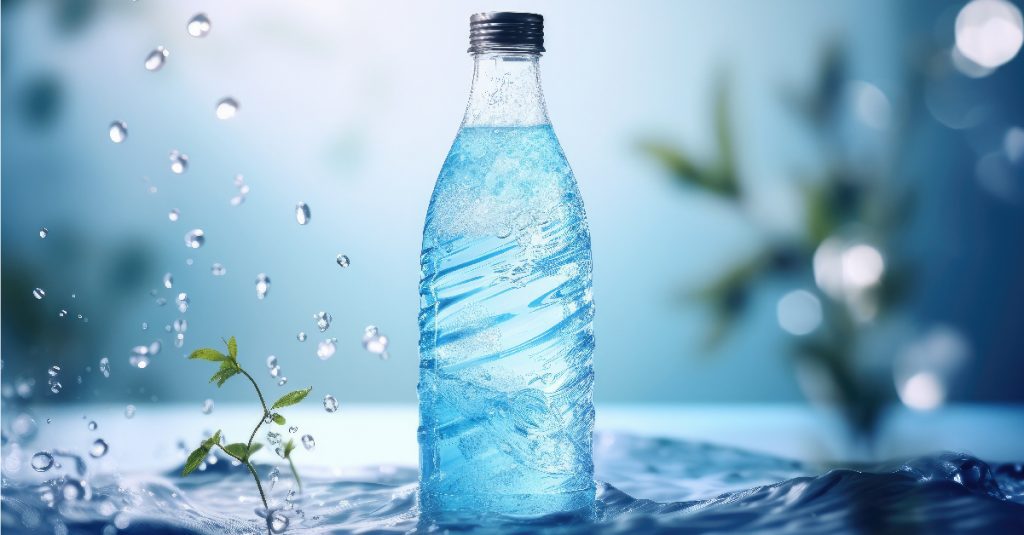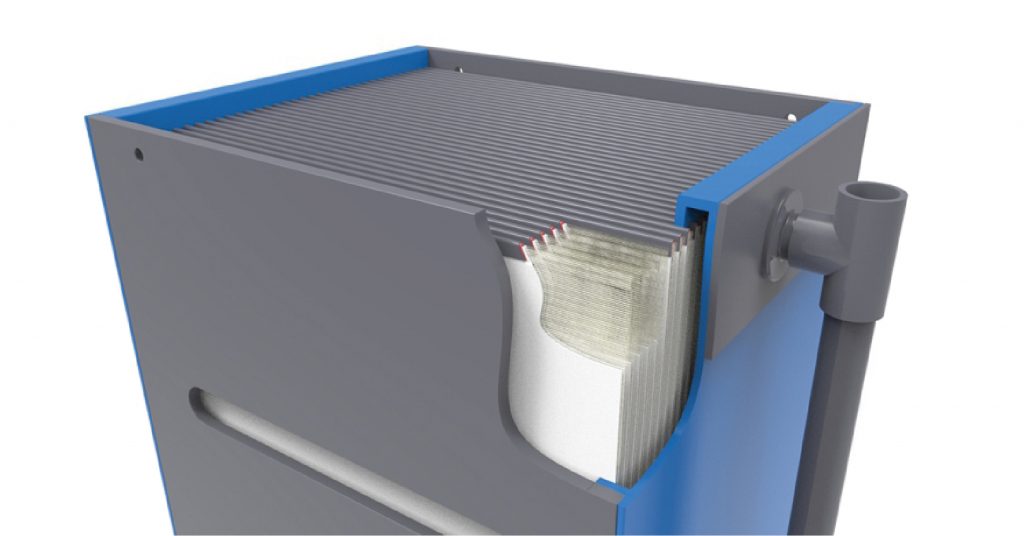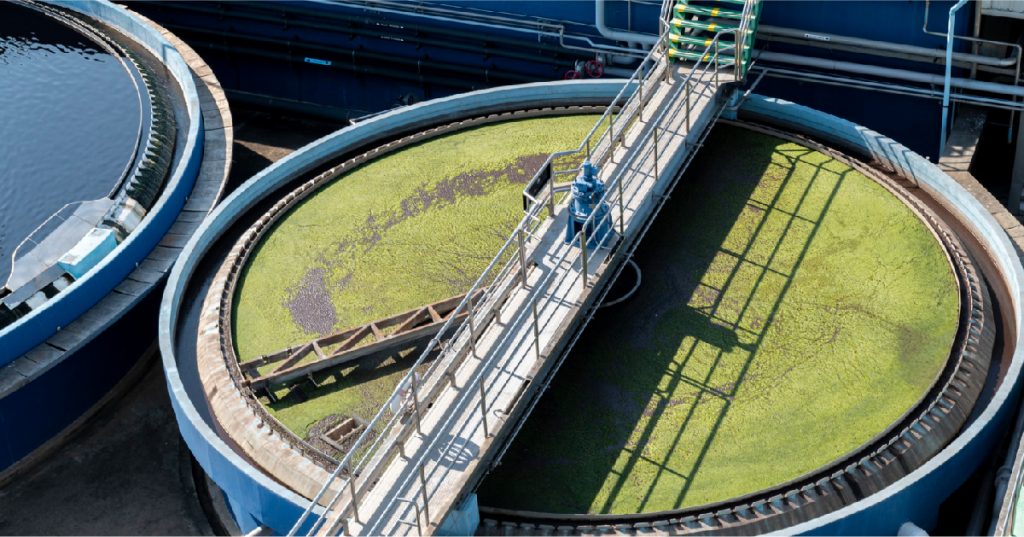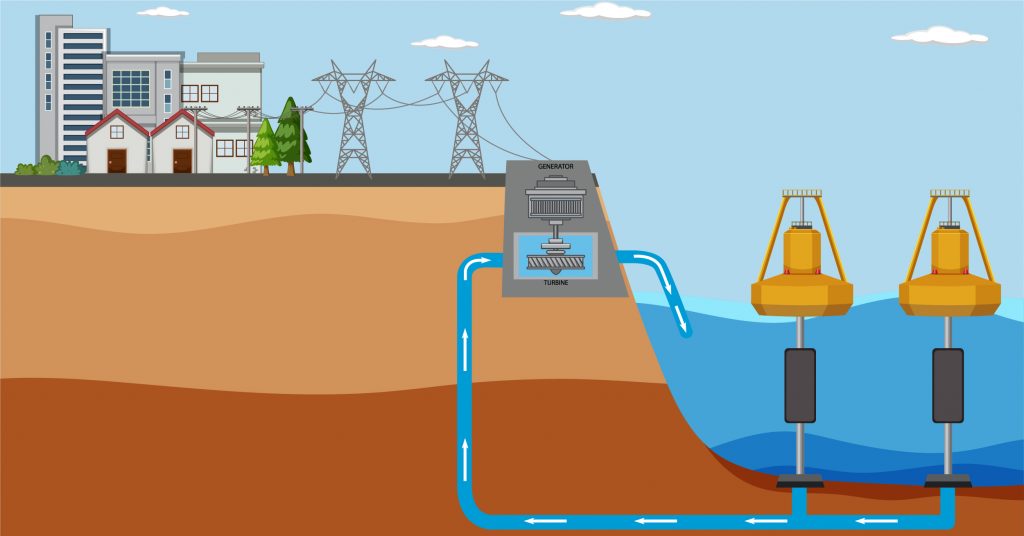Access to clean and safe water is one of the most pressing needs of modern society. In India, where population growth, rapid urbanization, and industrial activities place immense pressure on natural water resources, ensuring safe drinking water has become a critical priority. Waterborne diseases such as cholera, dysentery, typhoid, and diarrhea continue to affect millions of people each year, particularly in rural and semi-urban areas. This is where disinfection in water treatment plays a pivotal role. By effectively eliminating harmful pathogens and microorganisms, water disinfection ensures that the water reaching households, industries, and communities is safe for consumption and everyday use.
Table of Contents
ToggleThe Importance of Disinfection of Water
The primary objective of disinfection of water is to destroy disease-causing microorganisms like bacteria, viruses, and protozoa. Even if water appears clear and free of visible impurities, it may still harbor invisible pathogens that can lead to serious health risks. Traditional filtration alone is not sufficient to remove these microscopic threats, which is why water disinfection is considered the final barrier in water treatment processes.
In India, where diverse water sources include rivers, lakes, groundwater, and reservoirs, the risk of microbial contamination is significantly high. Agricultural runoff, industrial effluents, and untreated sewage often find their way into these sources. Without effective disinfection in water treatment, these contaminants can compromise public health and cause widespread outbreaks of waterborne illnesses.
Methods of Water Disinfection in India
Different methods are used for water disinfection in India, each suited to specific needs and conditions. The most commonly employed techniques include:
1. Chlorination
Chlorination is one of the most widely used methods of disinfection of water in India due to its effectiveness and affordability. Chlorine not only kills pathogens but also provides residual protection, ensuring water remains safe during distribution. However, the process requires careful monitoring to maintain the right dosage and minimize the formation of harmful by-products.
2. Ultraviolet (UV) Disinfection
UV disinfection uses ultraviolet light to deactivate the DNA of microorganisms, preventing them from reproducing. It is a chemical-free process that ensures safe and effective water disinfection without altering the taste or odor of water. In India, UV systems are gaining popularity, particularly in urban households and institutional setups.
3. Ozonation
Ozone is a powerful disinfectant that eliminates bacteria, viruses, and protozoa. It is more effective than chlorine against certain pathogens but does not provide residual protection. For this reason, ozonation is often combined with other processes to ensure comprehensive disinfection in water treatment.
4. Advanced Solutions
With advancements in technology, modern treatment plants in India are adopting a combination of methods such as UV disinfection and chlorination. This multi-barrier approach enhances reliability and ensures compliance with national and international water quality standards.
Disinfection in Water Treatment: A Public Health Imperative
Safe water is not just a necessity but a right. In India, where over 160 million people still lack access to clean drinking water, strengthening water disinfection systems is crucial for protecting communities. Effective disinfection in water treatment directly contributes to reducing the burden of waterborne diseases, improving public health, and enhancing quality of life.
For industries and institutions, reliable water disinfection is equally important. Sectors such as food processing, healthcare, pharmaceuticals, and hospitality require water of the highest purity to meet safety standards. Any lapse in disinfection of water can disrupt operations and compromise trust. By investing in advanced disinfection systems, businesses can ensure regulatory compliance and safeguard consumer confidence.
Reliable and Cost-Effective Disinfection with INDION CHLOGEN Chlorine Dioxide Generator
Ion Exchange offers advanced disinfection solutions combining high performance with cost-efficiency and low maintenance. Among these, the INDION CHLOGEN Chlorine Dioxide Generator stands out for its safe, simple, and effective production of chlorine dioxide. Designed for ease of operation and reduced operational cost, CHLOGEN is suitable for industries such as dairy, beverage, pulp and paper, food processing, poultry, textile, hospitals, and more. It comes equipped with features like HAZOP study compliance, high generation efficiency, auto/manual operation modes, and minimal chlorine residuals. It supports both gas and acid-based production technologies, offering a capacity range from 0.4 kg/h to 1 kg/h.
The system delivers efficient bio-dispersant and microbial control, approved for drinking water treatment, with a long shelf life and less corrosiveness. Notably, it does not form harmful trihalomethanes (THMs) or react with bromides and ammonia, enhancing overall disinfection effectiveness. Ion Exchange also provides a range of disinfection methods, including chlorine, electrochlorination, ozone, hydrogen peroxide, ultraviolet radiation, and thermal techniques like boiling and steaming, making it a one-stop solution for potable, wastewater, and process water disinfection.
Conclusion
The need for safe drinking water in India is undeniable, and disinfection in water treatment is the cornerstone of achieving it. By eliminating harmful pathogens, ensuring compliance with quality standards, and safeguarding communities, water disinfection stands as a critical step in protecting public health. As India continues to tackle challenges related to water safety, the adoption of advanced disinfection technologies will be key to securing a healthier future.





